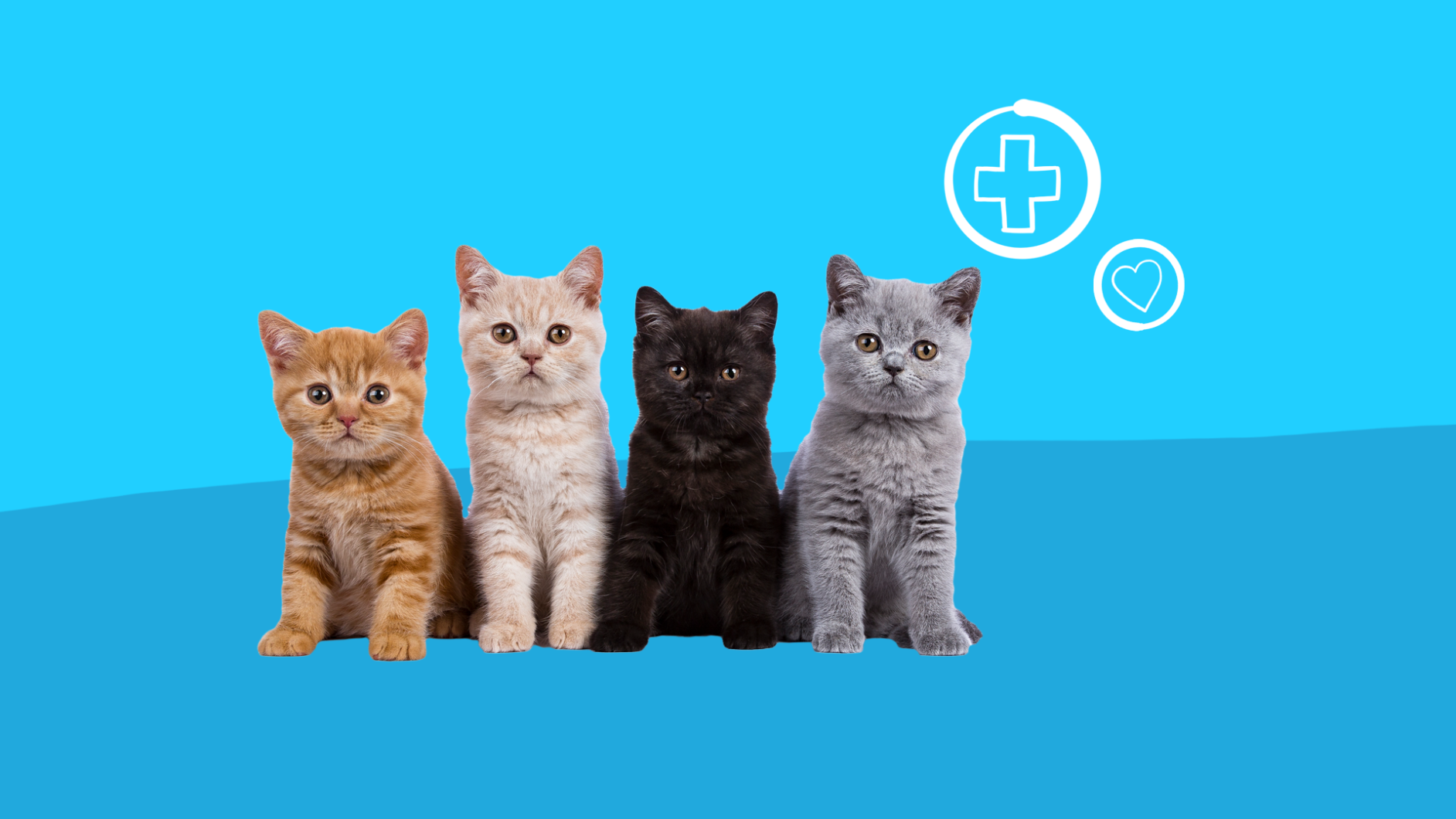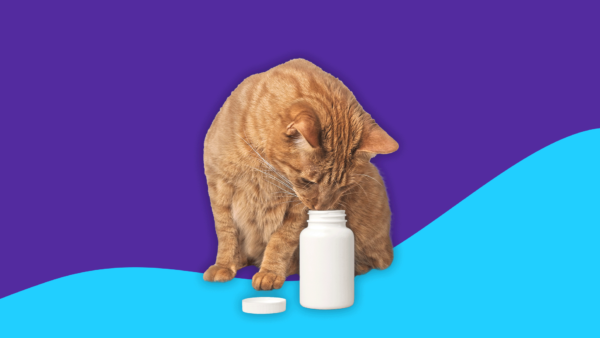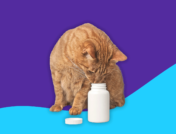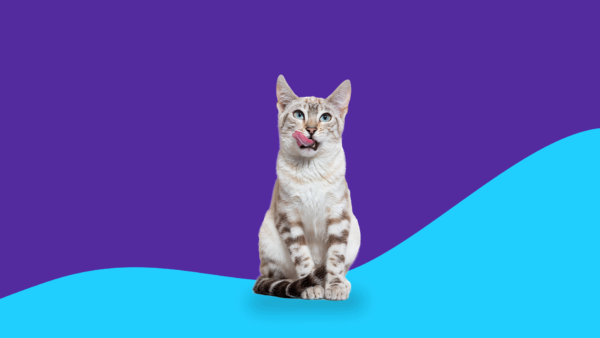In the pet pantheon, cats haven’t always been at the top of the heap—probably owing to their reputation for being aloof, finicky, and not as loving as their canine counterparts. But as many a cat lady (and gentleman) know, these stereotypes simply aren’t true, and science backs this up. One study, for instance, found that cats and their owners share a truly deep, mutually advantageous bond. (And that bond is especially intense between women and their cats.)
5 scientifically proven health benefits of having a cat
So while cats may not be purrrrrfect, they not only provide important companionship but can also have powerful effects on your well-being. Here are five ways cats can help your health. Meow!
1. Petting a cat may lower your stress levels
If you’ve ever spent an afternoon cuddled on the couch stroking Fluffy’s fur or scratching Simba’s ears, you already know anecdotally the calming effect it can have. But there’s also hard research to back the stress-reducing benefits of physically interacting with a feline.
In a 2019 study, a group of researchers from Washington State University gathered 249 students for an animal visitation, but only a small percentage of them were allowed to interact with the cats and dogs, with the other participants split into various groups to either watch from afar, be shown pictures of animals, or wait indefinitely with no animal stimuli whatsoever. The first group that got to pet and play with the animals—for a mere 10 minutes!—showed the greatest reduction in cortisol levels (a.k.a. the stress hormone).
While petting a cat may reduce cortisol levels, it also may ramp up levels of the so-called feel-good “love hormone” oxytocin. “It’s a bonding hormone secreted in breastfeeding and during sex,” explains Melanie Greenberg, Ph.D., a clinical psychologist and author of The Stress-Proof Brain. “I think that could be one of the hormones that’s at play here. It gives you a sense of connection and well-being.”
That connection can also help compensate for feelings of loneliness, which is another stressor on the body, according to Greenberg.
RELATED: Surprising ways stress can affect your body | Stress statistics
2. Cats may make you happier
In addition to lowering stress levels, face time with a furry friend may also boost your mood—even if those minutes are through a computer screen. Intrigued by the wave of internet cat videos that kept popping up in her feed, researcher Jessica Myrick, Ph.D. and associate professor at Pennsylvania State University, decided to find out their effect on people’s emotions.
In 2015, she surveyed nearly 7,000 Lil’ Bub fans to discover how they felt after watching an internet cat video or viewing cat pictures online (she didn’t delineate between the two). “I found that most people felt better [afterward],” Myrick says. “They reported higher levels of positive emotions, lower levels of negative emotions, and they also reported feeling a little more energized.”
So the next time you need an injection of joy, consider firing up your laptop and watching Keyboard Cat tickle the ivories for a few minutes.
3. Cats may help your heart
Yes, that tabby could be beneficial for your ticker. A 2009 study published in the Journal of Vascular and Interventional Neurology found a link between cat ownership and a reduction in death from myocardial infarction (aka heart attacks) and other cardiovascular diseases (including strokes). And if you’re curious, no, the same could not be said for dog owners. Chalk another one up for Whiskers!
4. Cats may control your blood pressure better than medicine
Those suffering from hypertension take note. Researchers at the University of Buffalo tracked 48 hypertensive New York stockbrokers who were all prescribed an ACE inhibitor to manage their high blood pressure. Half of the group was also asked to add a dog or cat to their treatment regimen. During a subsequent stress test, the pet owners’ heart rates and blood pressure levels increased much less than those participants solely taking the ACE inhibitor medication.
“This study shows that if you have high blood pressure, a pet is very good for you when you’re under stress, and pet ownership is especially good for you if you have a limited support system,” said study author Karen Allen at the time.
When it comes to this calming effect, cats have an added benefit dogs don’t: their purr. How does a cat’s purring affect humans exactly? This vibration has long been thought to lower blood pressure levels in humans.
5. Cats may help prevent allergies
If you want your baby to grow up with a reduced risk of pet allergies, consider adopting a cat. A study published in Clinical & Experimental Allergy in 2011, which tracked participants enrolled in the Detroit Childhood Allergy Study, found that teens who had a cat during their first year of life had a reduced risk of sensitivity to cats later on.
An even earlier study (2002) published in the Journal of the American Medical Association found that infant exposure to multiple pets (two or more dogs or cats) helped prevent not only pet allergies but also sensitivities to common allergens such as dust mites, ragweed, and grass.
If you’re already a cat owner, you don’t need to be convinced. But, if you’ve been on the fence about adding a four-legged companion to the family, consider these health perks the last nudge you need.











